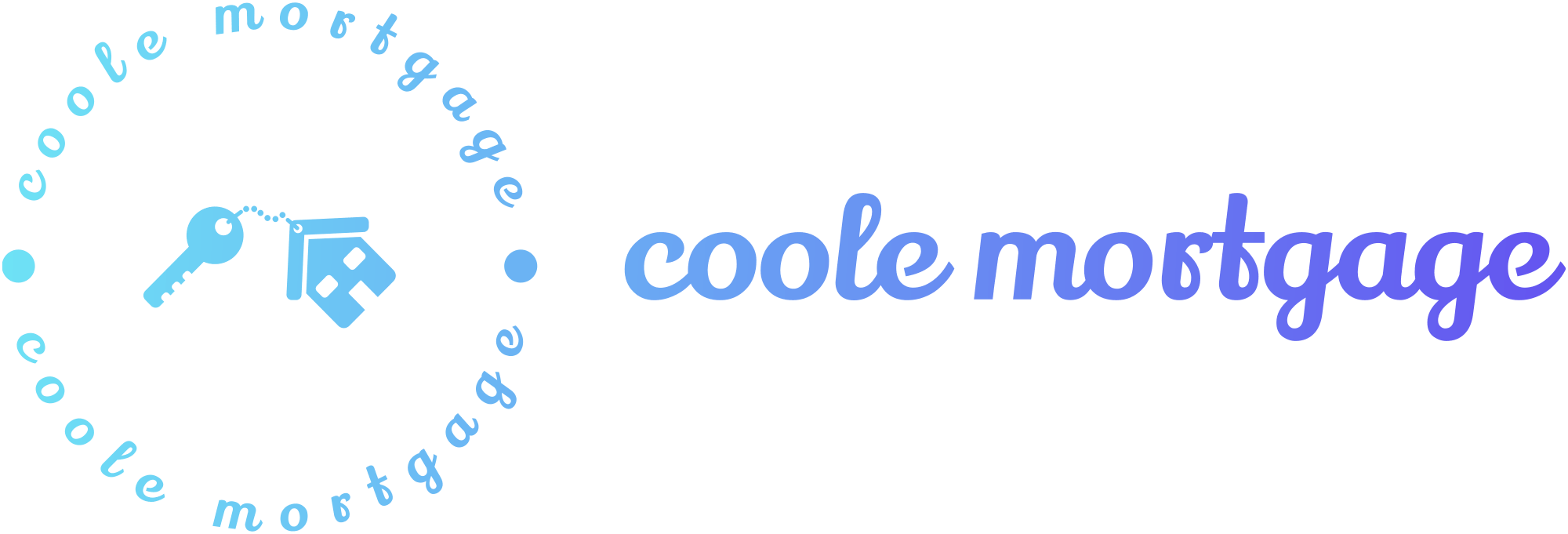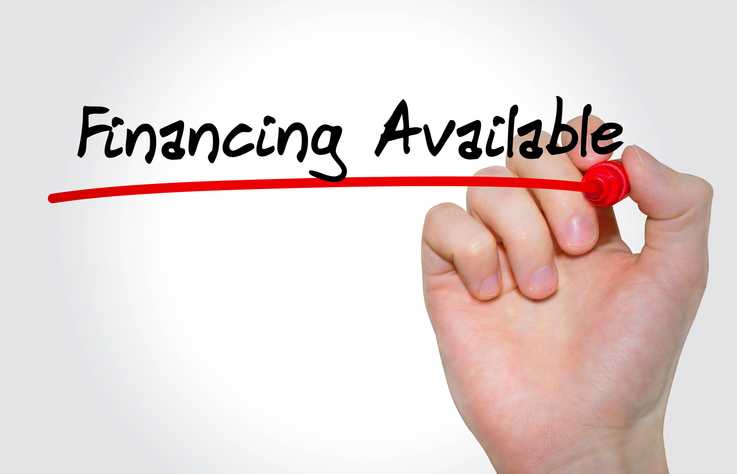Qualifying for a Mortgage
Hello and congratulations on taking your first step towards owning your dream home! As someone who’s venturing into the home-buying process for the first time, you might feel a mix of excitement and nervousness, and that’s perfectly normal. Buying a home is a big deal, and understanding how to qualify for a mortgage is a crucial part of the journey. But don’t worry, we’ve got your back!
This guide is crafted with you in mind – the first-time homebuyer who’s looking for clear, straightforward advice on navigating the mortgage maze. It’s not just about finding a house; it’s about finding a place you can call your own and making smart choices along the way. Whether you’re eyeing a quaint bungalow, a sleek modern condo, or anything in between, getting the right mortgage is the key to making your dream home a reality.
We’ll walk you through everything you need to know – from the different types of mortgages that might suit your needs, to getting your finances in shape, and even what to expect when it comes to interest rates and closing the deal. Think of this guide as your friendly roadmap, designed to guide you through each step with confidence and ease.
While the process might seem overwhelming at times, you’re not in this alone. There are plenty of helpful hands and resources along the way, and this guide is just the start. So, take a deep breath, and let’s embark on this exciting journey together. Your dream home awaits!
Understanding Mortgages
A mortgage is essentially a loan specifically for buying property. You borrow money from a lender, and over time, you pay it back with interest. It’s like a promise – you get the keys to your home now, and you agree to pay back what you owe over a set period, usually 15 to 30 years.
Types of Mortgages Available:
Low Down Payment Loans
Think of these as the ‘light’ version of traditional loans. They require a smaller down payment – sometimes as low as 3%! This makes them a great option for those who haven’t had years to save up but are ready to invest in a home.
Loans for Investors
Designed for those who want to buy property not just to live in, but as an investment. Whether you’re looking to rent out a property or flip houses, these loans cater to the unique needs of real estate investors.
Each mortgage type has its perks and quirks.
Preparing to qualify for a mortgage
When you start the process of applying for a mortgage, one of the first questions a loan officer will ask is “what is your credit score”. Your credit score is essentially a snapshot of your financial habits and reliability, serving as a key tool for lenders to assess how you manage and handle your money.
A majority of the loan programs require a minimum credit score of 620. Before applying for a mortgage, check your credit score first.
How to Check Your Credit Score
- You can get it from major credit bureaus or through various free online services.
- You can visit: annualcreditreport.com for a free copy of your report.
- You can also start a conversation with a loan officer and ask them to pull a copy of your report.
Make sure you have stable employment
Steady employment reassures lenders that you have a consistent income to make your mortgage payments. Typically, lenders prefer to see at least two years of steady employment in the same field. It shows them you’re not just a flash in the pan but rather a solid, reliable candidate.
List of documents that a lender will request
For a mortgage pre-approval, a loan officer typically requests a set of documents to assess your financial standing and eligibility.
Here’s a list of the common documents you should have ready:
- Proof of Income:
- Recent pay stubs (usually covering the last 30 days)
- W-2 statements from the past two years
- Proof of any additional income sources (e.g., bonuses, overtime, alimony, child support)
- Proof of Employment:
- Contact information for your current employer(s)
- If self-employed, last 2 years of Federal personal and Federal business tax returns
- Tax Documents:
- Federal tax returns for the last two years
- Asset Information:
- Bank statements for checking and savings accounts (usually the last two or three months)
- Investment account statements (stocks, bonds, retirement accounts) covering the last few months
- Documentation of real estate or other assets owned
- Credit Information:
- The lender will usually run a credit check, but it’s a good idea to be aware of your credit score and credit history
- Personal Identification:
- Government-issued photo ID (driver’s license or passport)
- Social Security number (for credit check purposes)
- Bankruptcy (if applicable):
- Chapter 7 – Provide the discharge paperwork, include all schedules.
- Chapter 13 – Provide all schedules of the bankruptcy filing
- Debt Information (if applicable)
- Current mortgage statements on all properties currently owned
- Homeowners Insurance policies for all properties owned (if applicable)
- Documentation of child support and/or alimony payments.
Requirements can vary slightly between lenders and based on your specific situation, so it’s always a good idea to check with your loan officer for any additional documentation needed. Being prepared with these documents can streamline the pre-approval process and bring you one step closer to securing your mortgage.
Next Step:
Understanding Debt-to-Income Ratio
Your debt-to-income (DTI) ratio measures how much of your monthly income goes towards paying debts. Lenders use it to gauge how much more debt you can handle. The lower your DTI, the better your chances of qualifying for a mortgage. Aim for a DTI of 42% or less, though some lenders may accept higher ratios.
For a more detailed understanding of how debt-to-income ratio works, we have a dedicated page on our website. You can check it out here: Debt-to-income ratio information.
There are several other factors that lenders consider in addition to the debt-to-income (DTI) ratio.
These factors include:
Credit Score: A higher credit score typically signals to the lender a lower risk of default. If you have a high credit score, lenders might be more flexible with your debt-to-income ratio, potentially allowing it to exceed the standard threshold of 42%. In some cases, they might even accept ratios as high as 50%. This increased ratio threshold can lead to approval for a larger loan amount, as it indicates a greater capacity to manage higher debt levels effectively.
Income Stability and Employment History: Lenders generally favor stable and consistent income sources. They often prefer a borrower to have a steady employment history, typically at least two years in the same job or professional field.
Being a W2 employee can simplify the qualification process compared to a 1099 worker. This is because W2 employees usually receive regular paychecks with a consistent amount each period, making income verification more straightforward. On the other hand, 1099 workers, who are considered self-employed, often experience varying income levels across different pay periods, which can complicate the assessment of their financial stability.
Consideration for 1099 / Self-Employed Applicants: For self-employed individuals who have significant business expenses, exploring a bank statement loan could be a viable option. Unlike traditional loans, where tax returns are typically used to assess income, a bank statement loan evaluates your income based on the deposits made into your bank account. This approach can be advantageous for self-employed borrowers, as it focuses on the actual cash flow into their accounts rather than the net income reported on tax returns, which may be lower due to business deductions.
Impact of Down Payment Size on Pre-Approval: The amount of your down payment can greatly influence the pre-approved loan amount you receive. Making a larger down payment typically reduces the perceived risk for the lender, which can result in more favorable loan terms. Additionally, a substantial down payment signifies your investment in the property, decreasing the likelihood of defaulting on the loan, as it demonstrates a personal financial commitment to the transaction.
Variations in Loan Types and Their Requirements: Loan types each come with their own set of requirements and limitations. For instance, the criteria for a conventional loan often differ from those of a government-insured loan, such as an FHA or VA loan. Government-backed loans tend to be more accommodating regarding credit scores and debt-to-income ratios, and they usually offer lower down payment options. On the other hand, conventional loans may provide more favorable terms for those with credit scores above 680, especially if the borrower is capable of making a down payment of 10% or more.
Additional Informative Articles On Coole Mortgage
For those looking to expand their knowledge on various aspects of home buying and mortgages, Coole Mortgage offers a wealth of information.
Here are some articles that might be particularly helpful:
- Common First-Time Home Buyer Mistakes: Avoid common pitfalls in the home-buying process with this insightful guide.
- Impact of Mortgage Pre-Approval on Credit Score: Understand how getting pre-approved for a mortgage can affect your credit score.
- A Guide to Closing Costs: Get informed about the various costs involved in closing a home purchase.
- Fixed-Rate Mortgage: Pros and Cons: Weigh the advantages and disadvantages of opting for a fixed-rate mortgage.
- Role of Real Estate Agents: Understanding how real estate agents can assist in your home buying process.





